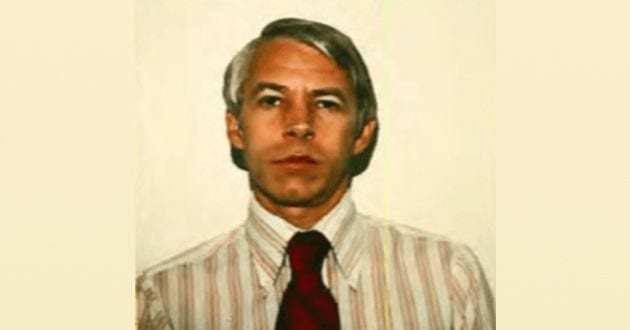Lisa Tiger’s life is forever changed because she placed her trust in someone who kept a grave secret.Tiger contracted HIV, the virus that causes AIDS, in 1992 while in a monogamous relationship with a man who, unknown to her, had tested positive for HIV, said Barry Landeros-Thomas, a graduate assistant in the Office of Minority Affairs-Retention Services’ Native American Mentoring Program. Upon learning that she was infected, Tiger became a certified AIDS educator through the Red Cross. She travels to Indian reservations and communities, where HIV is a growing concern, to encourage them to find strength through tragedy, Landeros-Thomas said. Tiger, will speak tonight at 7 in the Ohio Union Conference Theater. This is one of several Ohio State functions celebrating Native American Heritage Month.”It is a great inspiration to bring her story not only to our Native American community but to the whole campus,” said Dawn Johnson, graduate administrative assistant in Native American Students Services. “She represents courage and inspiration.” “There is a problem with HIV in Native American community because people just don’t know (about it),” Landeros-Thomas said.Most American Indians are dependent on Bureau of Indian Affairs or Indian Health Services to get information about HIV and AIDS, he said. Tiger has not allowed her HIV-positive status to affect her personal life; she has had custody of five children from the Lakota nation since 1995 and plans to adopt them. “She’s not going to let (HIV) stop her from adopting those kids,” said Landeros-Thomas. “Many people in her circumstance would close up but that’s the difference between her and them.”Tiger is a member of the Muscogee Nation and is of Creek, Seminole and Cherokee Indian descent. She is an artist and American Indian tribal activist.Tiger also formed the Lisa Tiger Fitness Foundation, a nonprofit organization committed to creating healthy Native Indian communities through traditional cultural practices.”Lisa doesn’t just talk, she acts. She acts to make a difference and to try and get the awareness out (in the Native American community),” said Landeros-Thomas, who met Tiger in Tahlequah, Okla., the state’s Cherokee nation capital.


